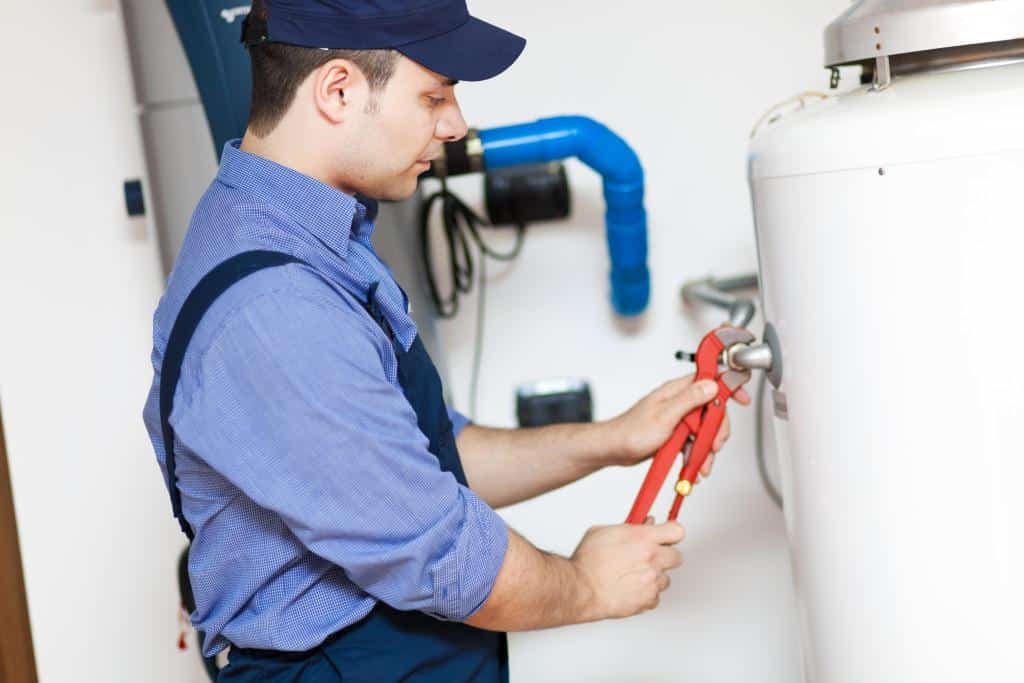Maintaining an efficient home involves addressing various aspects, including plumbing systems. Plumbing is vital in ensuring household water supply, drainage, and energy efficiency. When plumbing issues are neglected, they can lead to higher utility bills, water wastage, and inconvenience. Tackling these repairs promptly helps optimize water usage, reduce costs, and improve overall efficiency. We will explore how fixing plumbing problems can create a more functional, sustainable, and comfortable living environment, highlighting the benefits of timely repairs and their impact on energy and resource consumption.
Addressing Leaky Fixtures to Save Water and Money
Leaky faucets, toilets, and pipes are some of the most common plumbing issues that impact household efficiency. Even a small leak can waste water over time, increasing water bills and unnecessary resource consumption. Fixing leaks is one of the simplest ways to improve your home’s efficiency. When drips are repaired, water flow is optimized, ensuring you use only what is necessary.
Additionally, leaky fixtures can cause hidden damage to walls, ceilings, and floors. Over time, this may lead to costly structural repairs that could have been avoided. Beyond saving money on water bills, addressing these issues helps prevent mold and mildew growth, which can thrive in damp environments caused by leaks. Ensuring fixtures and pipes are in good condition improves water pressure, enhancing your overall experience with showers, sinks, and other plumbing features.
Upgrading Old Plumbing Systems for Better Performance
Old plumbing systems are often less efficient than modern alternatives regarding water use and energy consumption. Pipes, fittings, and appliances installed decades ago may have deteriorated or become outdated, causing inefficiencies. Replacing these systems with newer materials like PVC or PEX pipes can significantly improve the functionality of your plumbing.
Modern plumbing systems are designed with energy and water conservation in mind. Low-flow toilets, showerheads, and faucets use less water without compromising performance, reducing your household’s environmental footprint. Upgrading your water heater to a more efficient model can lower energy usage and provide more reliable hot water. Investing in updated plumbing enhances your home’s efficiency while contributing to sustainability. These improvements also add value to your property, making them worthwhile for homeowners looking to sell or rent their homes in the future.
Maintaining Efficient Drainage Systems
Clogged or inefficient drains can hinder your home’s plumbing system and cause problems. When water doesn’t flow properly through drains, it can lead to backups, overflows, and unpleasant odors. Ensuring that your drainage systems are functioning efficiently is essential for maintaining the overall health of your plumbing.
Regular cleaning and maintenance of drains by Vineland Plumber can prevent blockages caused by debris, grease, or foreign objects. Addressing clogs quickly can save you from more extensive repairs if clogs are already present. Investing in professional-grade drain cleaning tools or services can restore optimal water flow, ensuring your plumbing system operates as intended.
Efficient drainage also prevents water from pooling around your home’s foundation, which can cause long-term structural damage. Keeping drains clear and functional protects your home’s integrity and reduces the likelihood of expensive repairs. This proactive approach enhances the efficiency of your entire household.
Fixing Running Toilets to Prevent Water Waste
A running toilet is a common plumbing issue that can significantly impact your home’s efficiency. This problem occurs when water continuously flows from the tank into the bowl, often due to a faulty flapper or fill valve. Left unchecked, a running toilet can waste hundreds of gallons of water daily, skyrocketing water bills.
Fixing a running toilet is typically a straightforward process. Replacing worn-out components ensures the toilet operates efficiently, using only water when needed. By addressing this issue promptly, you save money and contribute to water conservation efforts.
In addition to fixing running toilets, consider upgrading to high-efficiency models that use less water per flush. These toilets are designed to meet modern water usage standards while maintaining effective performance. Such upgrades can significantly affect your home’s overall efficiency and environmental impact.
Preventing Water Heater Inefficiencies
Your water heater is a crucial component of your plumbing system, providing hot water for daily activities like bathing, cleaning, and cooking. When a water heater is efficient or functioning, it can lead to higher energy bills and consistent water temperatures. Regular maintenance and timely repairs can keep your water heater operating at its peak performance.
Flushing your water heater periodically removes sediment buildup, which can reduce heating efficiency and damage the tank. Checking the thermostat and setting it to an appropriate temperature can also prevent excessive energy usage. If your water heater is older and beyond repair, replacing it with a more energy-efficient model can provide long-term savings.
Tankless water heaters, for example, heat water on demand rather than storing it in a tank, which reduces energy waste. By addressing water heater inefficiencies, you enhance the overall performance of your plumbing system and create a more energy-conscious household.
Plumbing repairs play a pivotal role in improving the efficiency of your home. From fixing leaky fixtures and upgrading outdated systems to maintaining drainage and insulating pipes, these efforts enhance functionality, conserve resources, and reduce utility costs. By addressing plumbing issues promptly, you create a more sustainable, comfortable, and efficient living environment. Investing in your home’s plumbing saves money, protects your property, and contributes to environmental conservation. Ensuring your plumbing operates at peak performance is a step toward achieving a more efficient and harmonious household.
 Online Clock
Online Clock